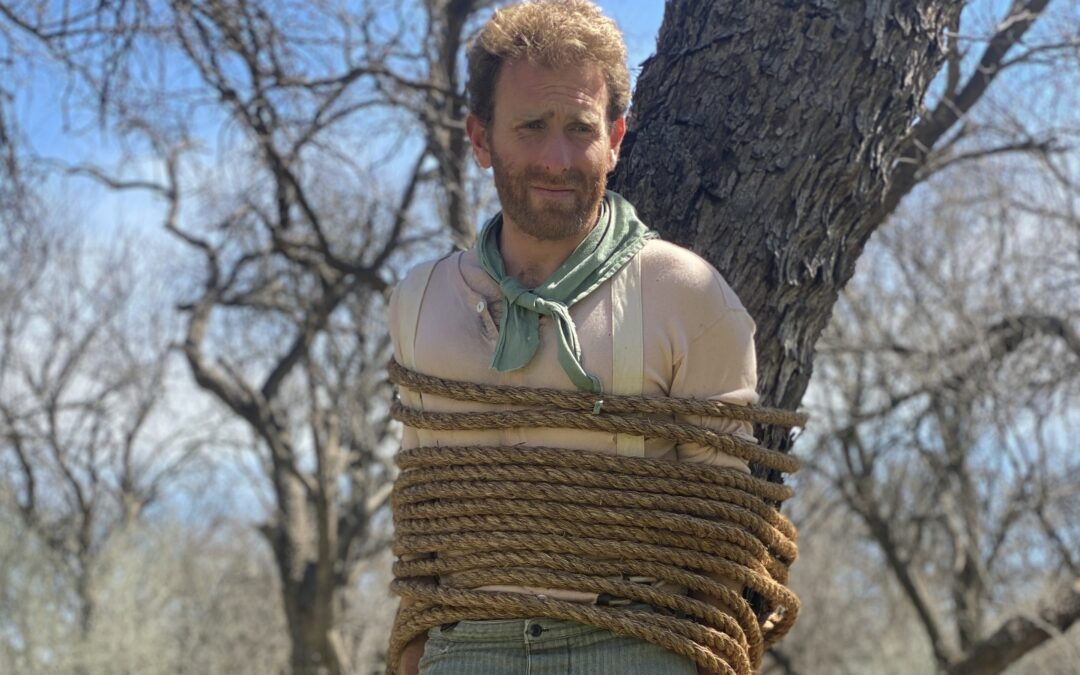Over the next few weeks, I’ll share some of my philosophy for acting and a few key principles I look for when casting or choosing to work with someone again.
4. Film Literacy
You may have noticed that these pieces the last couple weeks reference moments from film history. I heard these stories and anecdotes during conversations with Running Wild co-founder Gus Edwards, watching documentaries, reading books about film, and the films themselves. My insight into an actor’s process is part experience, part exploration of the medium. And in my opinion, you aren’t serious about being in this business unless you have an insatiable appetite for learning more about the history of the craft.
It’s like wanting to be a professional chef and all you’ve ever eaten is fast food. I am frequently astounded and disappointed in the lack of curiosity in my peers about cinema. And I’m not just talking about studying classic films (though that’s incredibly important). I mean a general desire to dissect what you appreciate about the craft.
Example: years ago I had a close actor friend who loved Joseph Gordon Levitt. I pressed him on which films of the actor’s he’d seen. Just a handful he admitted. Had he read any of his interviews? Had he studied his progression over time and explored his process for creating characters? Nope. He was just another fan, just another audience member who liked the actor.
When you decide to take this acting business seriously, you give up your right to be just another audience member. Does this mean you can’t enjoy movies anymore? No, I’d argue quite the opposite. It means you should be watching them on a deeper level and, if they’re good, the experience will be even more fulfilling. If they’re bad, you’ll learn what doesn’t work. Years ago, I asked myself, “Why do I like Gene Hackman so much?” So I set out to watch and re-watch Hackman’s performances to figure out exactly what he’s doing that I respond to. Gus told me about a time in the 60s when he and his actor friends would see a play over and over again to study the actors on stage and even then try to get a film print of the performance to study it further. They would stay up for hours on end talking about the craft of acting.
Sadly, I have never witnessed that kind of passion with my own eyes and ears. In my twelve years as an independent filmmaker, I have never worked with an actor who I’d consider to be film literate. The word is appropriate because becoming a good actor without a foundation of knowledge is like trying to write a novel with a fourth grade education. In my own performances, I’ve drawn from such a wide range of performers as Buster Keaton, Charlie Chaplin, James Woods, Meryl Streep, Hackman, Nicolas Cage, and the list goes on. In my directing work, I have pointed actors towards countless films and performances they were unaware of which could have (and sometimes did) enrich their work. The proof is in the results: audiences have reacted positively to these decisions without even knowing their original source.
The lack of film literacy on the independent filmmaking level is frustrating. If you take this craft seriously, I highly recommend you do not ignore this aspect of it. Start with your favorite actor, watch every work he or she has done, read their interviews/books, consume everything you can about your passion (if it is truly a passion) with intense focus and an insatiable hunger for more.


